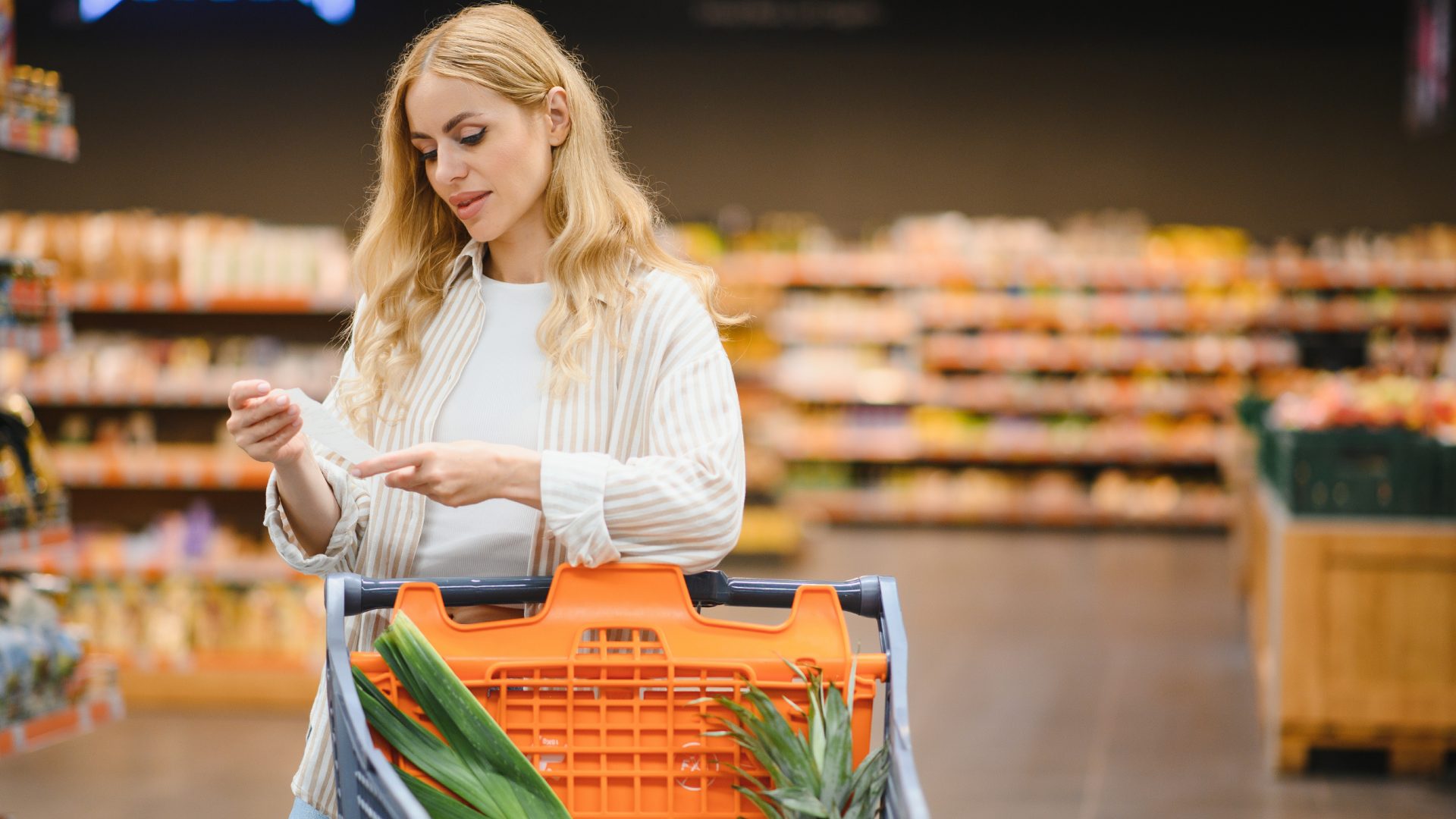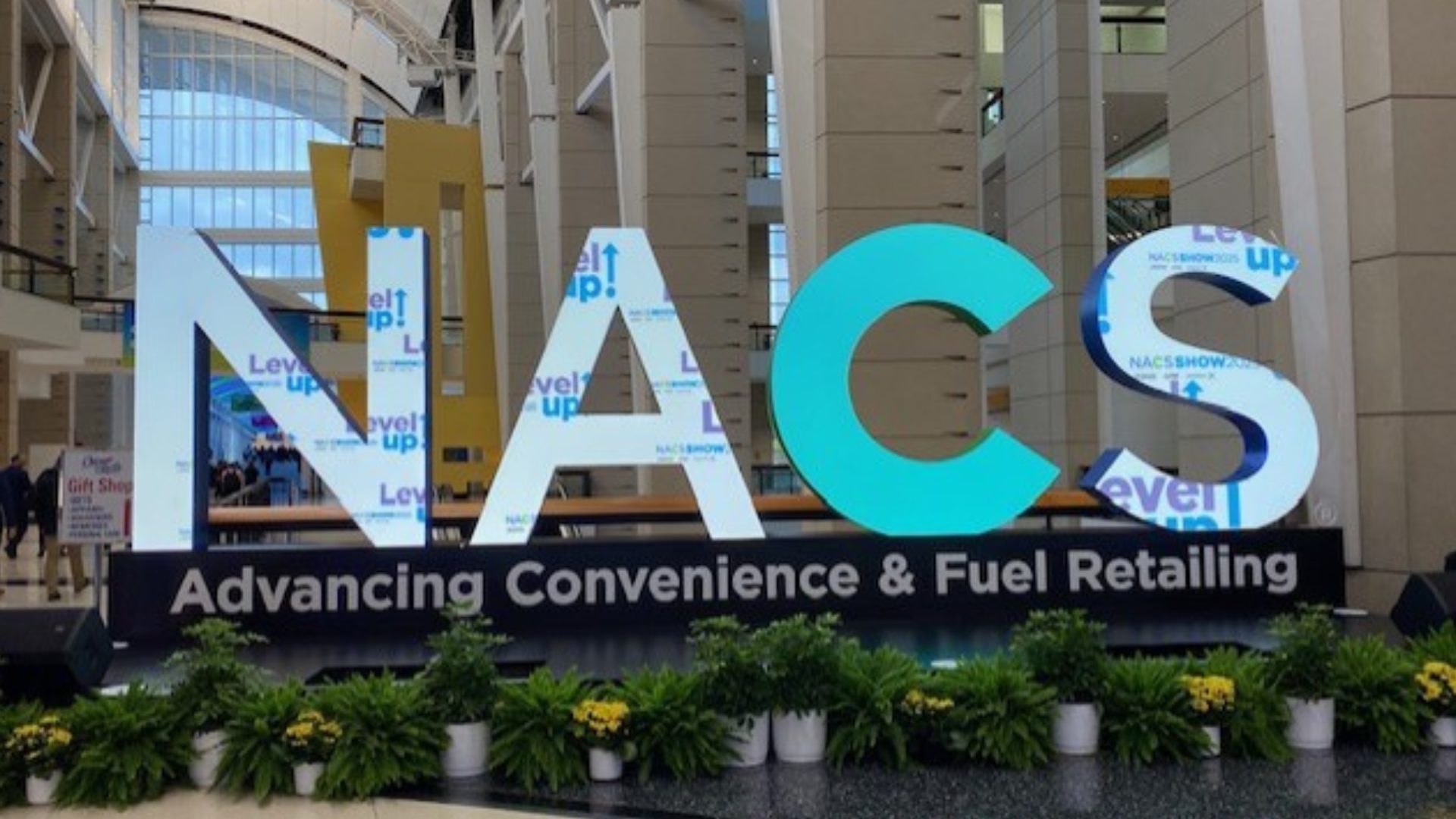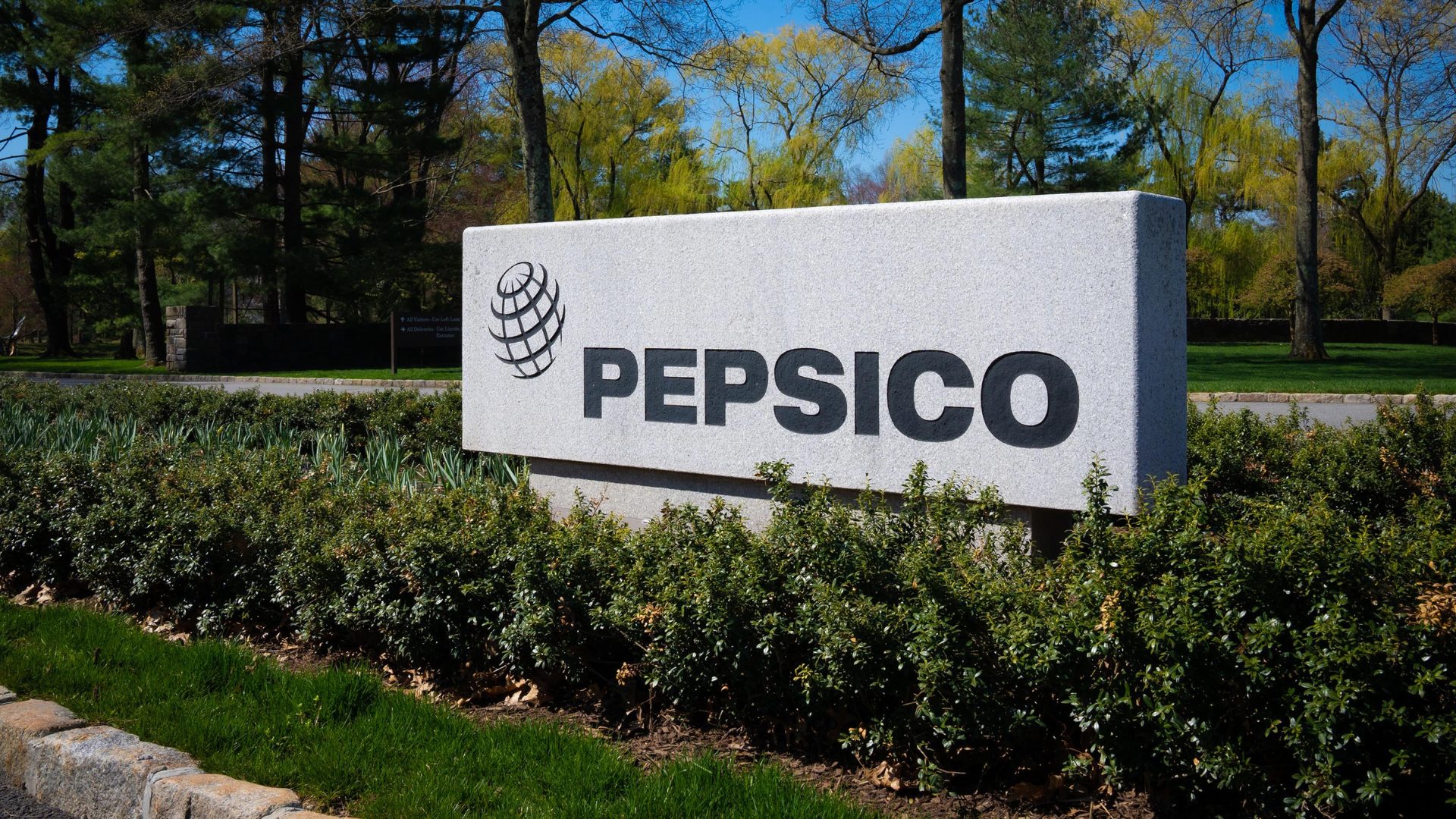Consumer packaged goods (CPG) companies, such as Mondelez and Nestlé, are finding new opportunities to stay competitive and succeed during the pandemic.
Mondelez
Mondelez International has been successful in direct-store delivery (DSD)—a logistics fulfillment system that allowed the company to keep retailers’ shelves fully stocked, despite high demand/supply-chain constraints, reported Barron’s (Sept. 29).
“DSD is a competitive advantage. We saw peak demand jump 50% at the beginning of COVID,” said Luca Zaramella, the company’s CFO. “That’s normalized a bit but we’re still at elevated levels, and not only were our factories able to produce enough, but we went to points of sale in the U.S. to stock our products on shelves. Whereas competitors were not there because they asked the Walmarts of the world to stock up for them, we were there doing it.”
This is part of the company’s plan to maintain market share gained during the pandemic. Mondelez’s “Emerge Stronger” initiative is an acceleration of its prior strategy, in which it plans to tighten cost controls, simplify operations, invest in its business, and streamline its portfolio of products.
Zaramella believes this will bolster “the top-of-mind aspect of brands that have accelerated during COVID and, more important, counter any potential market softness.”
However, streamlining won’t impact Mondelez’s Oreo innovation. New flavors are on the way—which remains key to growth. “Around the world, Oreo can double,” Zaramella said.
“People tend to favor brands they can relate to, that they can trust,” she added.
Mondelez increased e-commerce sales 200% in its recent quarter, doubling its online business to 6% of sales. The company heavily invested in its online presence, in addition to supporting food retailers and e-commerce purveyors such as Amazon.
It is also using social media to reach targeted, engaged audiences in a way that Zaramella thinks has positioned the CPG company ahead of the competition.
Nestlé
The plant-based trend is here to stay and another CPG company, Nestlé, is using it to its advantage.
Nestlé will invest more in plant-based products due to the increase in consumer demand, reported Reuters (Sept. 28).
“The interest in plant-based alternatives has been on the rise for a number of reasons,” said CEO Mark Schneider. He cited problems in the North American meat supply chain in particular.
A new version of a vegan burger and a plant-based Nesquik milk drink are both direct results of consumer behavior.
Sales of plant-based products from the company, while still relatively small, grew 40% in the first half of the year. While some of the transition is slowed due to the cost of alternatives to animal products, Nestlé is working on plant-based versions of other popular products.
“We want to lead in many of the segments and we’ll go as far as the market will take us,” Schneider said.
“People also have a renewed interest in personal health and losing weight as COVID particularly affects those with pre-existing health conditions,” he added following the inauguration of an R&D Accelerator at Nestlé’s dairy research facility in Konolfingen, Switzerland.
The Accelerator will connect students and startups with Nestlé scientists exploring new dairy products and plant-based alternatives.











